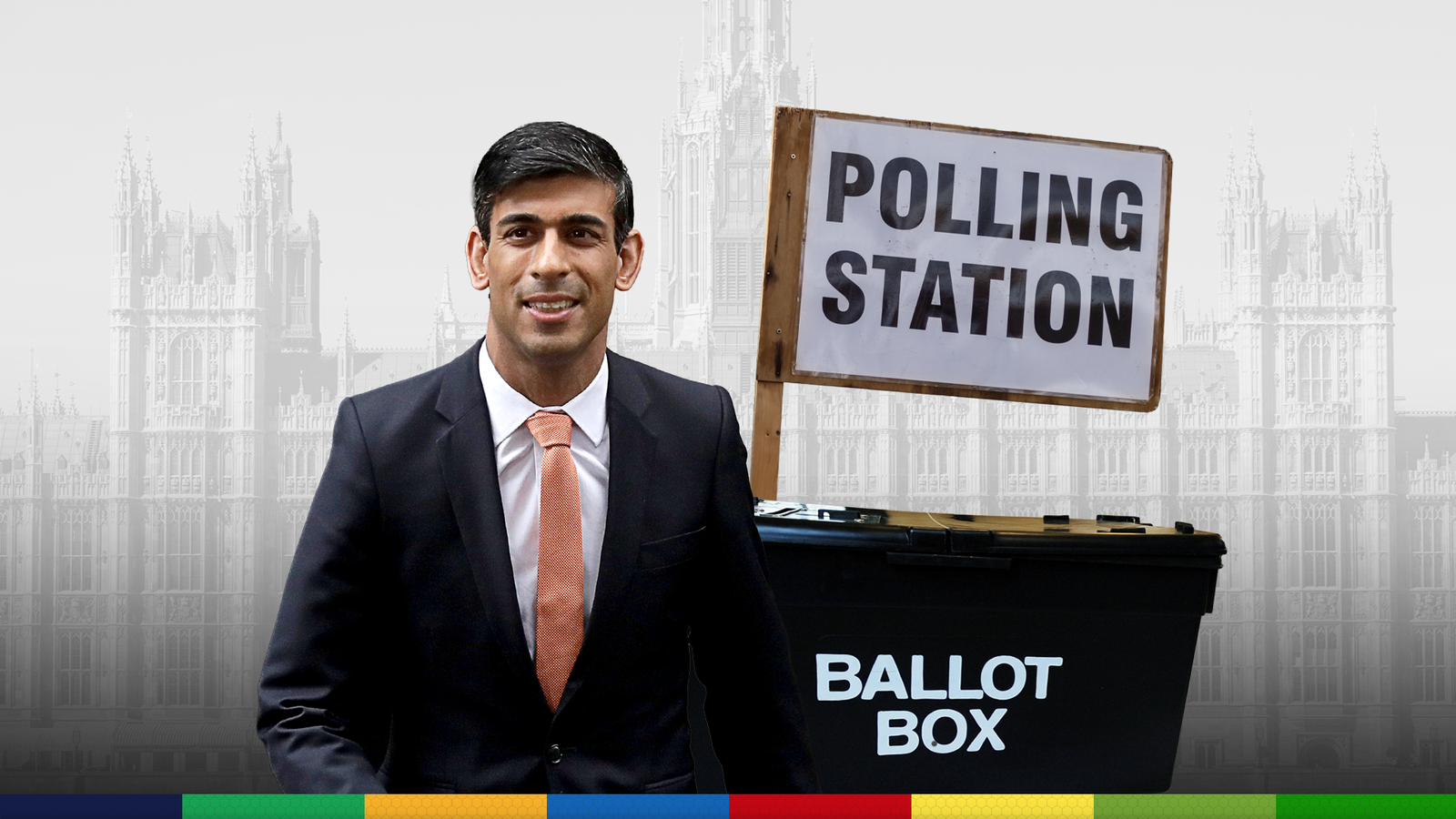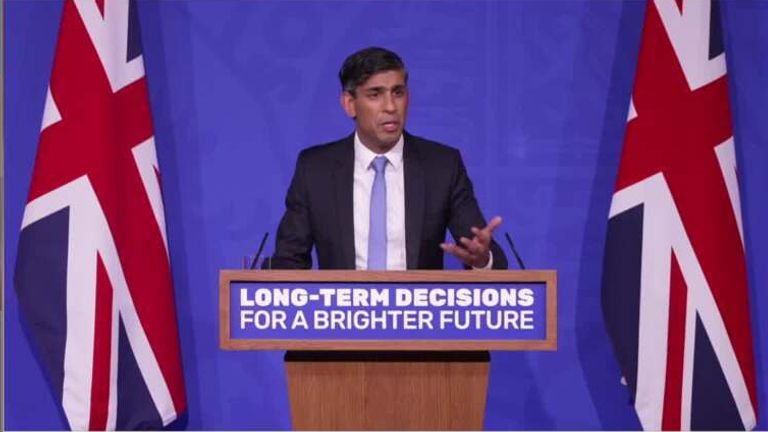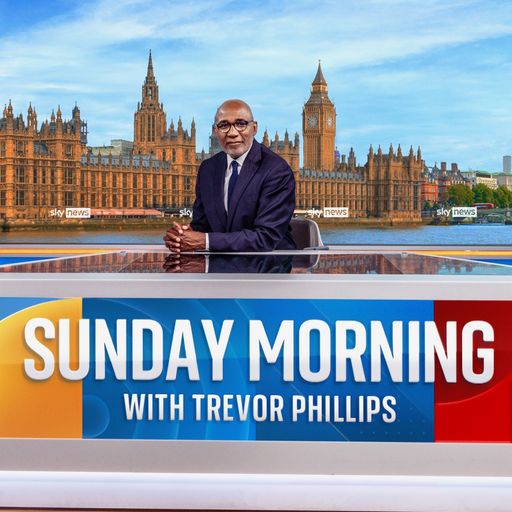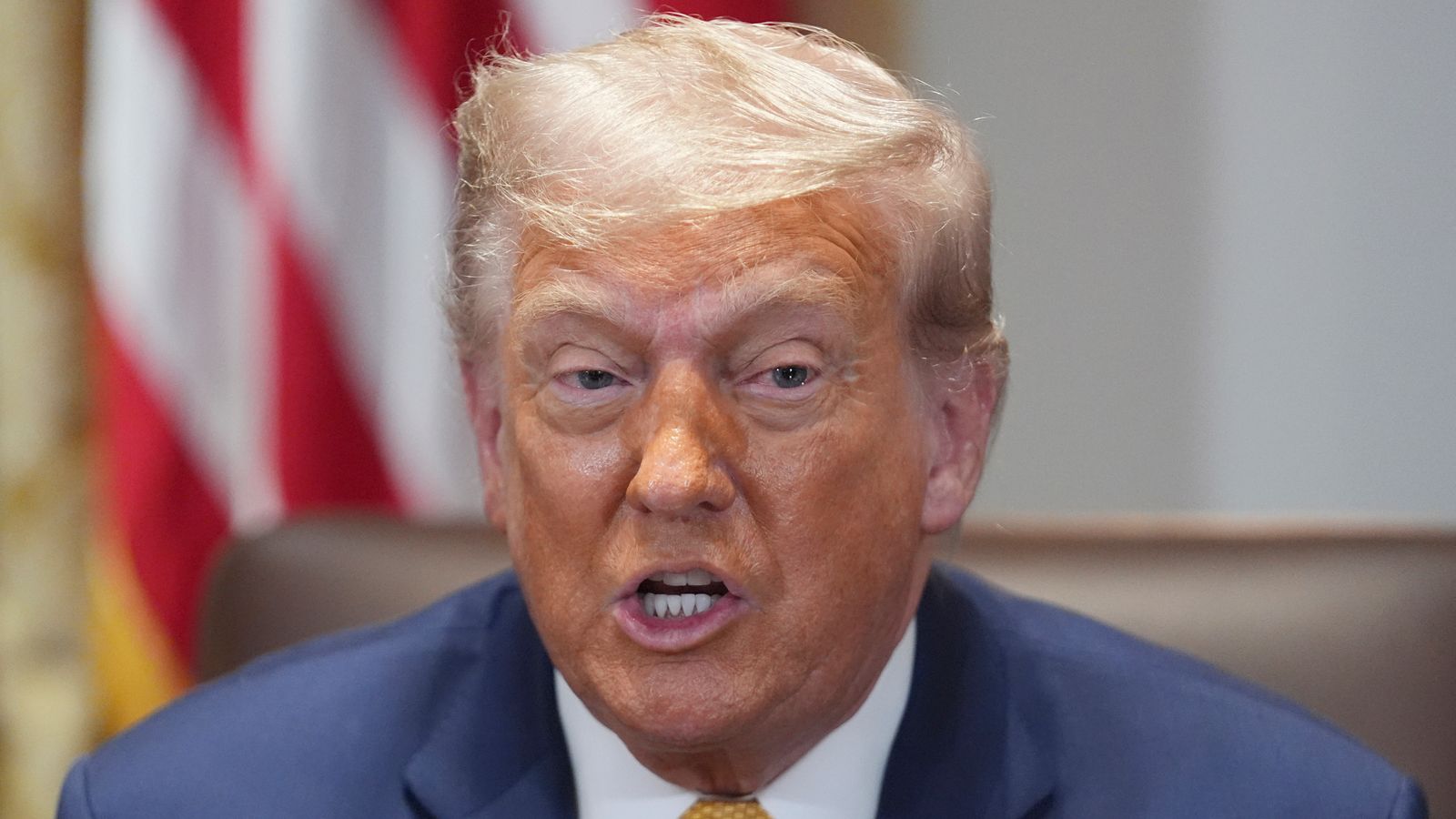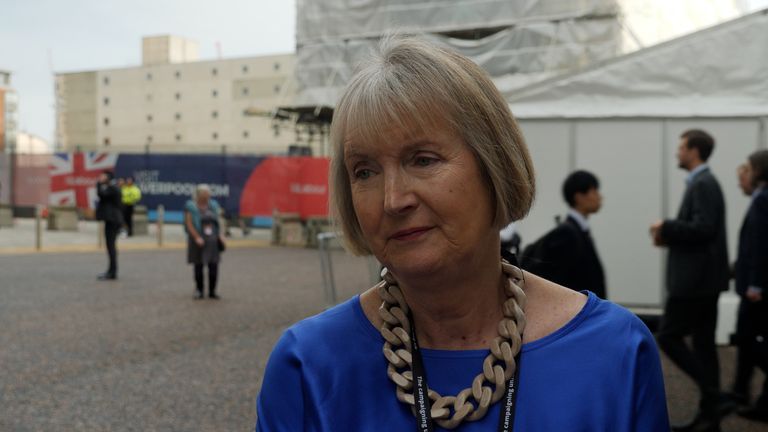
Jeremy Hunt’s autumn statement tax cut has fuelled speculation Rishi Sunak could be gearing up for an election in the first half of 2024.
With the Tories still lagging behind Labour in the polls, the chancellor made the surprise announcement that he will slash national insurance by two percentage points, and bring forward the change to January rather than waiting until the new tax year in April.
Some Conservative MPs think the move suggests Downing Street wants to be in a strong position to send voters to polling stations next May or June, rather than waiting for autumn as had previously been thought.
UK general elections have to be held no more than five years apart, so the next one must take place by January 28 2025 at the latest – as that is five years from the day the current parliament first met (December 17 2019), plus the time required to run an election campaign.
However, the prime minister could choose to go earlier than that, and will likely call one if and when he sees an advantage in doing so.
But will that be spring, autumn or could he hold on until the bitter end?
“I am absolutely clear it will and should be the autumn,” Conservative peer and pollster Lord Robert Hayward told Sky News.
He said tax cuts “take time to filter through”, as will the “perception inflation is really on its way down”.
He added that the Conservatives are “still carrying the burden of the events of 2020 to 2022 and they need to put them as far away as possible”.
“What we’ve seen over the last 10 days, with the reshuffle, the appointment of David Cameron and the autumn statement, is an attempt to move to a period of stability. That also takes time.”
PM ‘may copy Thatcher’s wait-and-see strategy’
Sky’s election analyst Professor Michael Thrasher comes to a similar conclusion.
He said: “The Conservatives trail Labour by 18 points in the latest polling, a swing sufficient to give Sir Keir Starmer a healthy majority at the coming election.
“A series of record-breaking by-election defeats this parliament confirm the Tory predicament. Clawing back the deficit, and recovering trust among electors is going to take time.”
Prof Thrasher added that the outcome of the May local elections could affect the timing of when the prime minister sends voters to the polls.
While the Conservatives are vulnerable to losing council seats, as happened this year, the London mayoral elections add a new dynamic – with the Tories seeking to oust Labour’s Sadiq Khan on a pro-driver agenda.
“Sunak may copy Margaret Thatcher’s wait-and-see strategy,” Prof Thrasher said.
“The May local election results in both 1983 and 1987 were favourable and she went for general elections a month later.
“But Labour’s lead over the Conservatives is so large that this option might not be available. This suggests a contest in autumn 2024, late September/early October, is favourite.”
The bleak assessments are a remarkable turnaround for a party that just four years ago won a thumping 80-seat majority under Boris Johnson.
But the scandals that led to his downfall, and the economic chaos unleashed by the Liz Truss mini-budget – all against the backdrop of rising NHS waiting lists and a cost of living crisis – is why some strategists believe a Tory defeat at the next general election is all but inevitable.
‘No good reason to go early’
Or, as polling expert Professor Sir John Curtice put it: “Frankly, they are heading for crucifixion.”
He is sceptical the autumn statement will “move the dial much” and said speculation about an early election “is in the interest of the Conservatives to keep everyone on their toes”.
He believes the Tories are facing electoral disaster on the scale of 1997, when after 18 years in power the party, led by Sir John Major, was defeated in a landslide by Labour’s Sir Tony Blair.
He told Sky News: “At the moment there is no good reason for them to do anything other than play it long.”
He said that, despite the noise from Conservatives about immigration, the economy “is the most important issue for voters”, followed by the NHS.
He added: “From a personal point, if you are prime minister and the odds are you are never going to be prime minister again, you are going to want to maximise your term.”
Spring election ‘could minimise Tory losses’
While the consensus has long been that an autumn election would be the safest bet for Mr Sunak, recent reports have suggested the idea of a spring ballot is gaining traction.
Some Conservative MPs have accepted they are headed for opposition – and believe an earlier vote could minimise losses.
That is the view of Lord Daniel Finkelstein, a former adviser to Sir John Major, who warned there are costs of holding onto power.
“When I look back on the 1997 election, I think one thing we could have done to mitigate the size of our defeat is to have gone slightly earlier,” he told Sky News.
Lord Finkelstein said while he can “understand the temptation” for Mr Sunak to wait it out in the hope of turning things around, that “serendipitous occasion” may not occur and things could even get worse.
He pointed to potentially bruising local election results in May and the fact that Channel crossings are likely to rise over the summer, while the mortgage crisis may deepen as more people face the end of their current fixed rates.
This would be damaging going into an election where opposition parties will be making the case for change, and the Tories’ best bet is to argue “the country is on the right track, and we are turning things around”.
He said: “It’s very hard for any prime minister to call an election which they are quite likely to lose. While the temptation to go on will be strong, putting it off will make things more difficult if more problems arise.
“The timing of the election will not be the predeterminer of the outcome. It will be the fact that Boris Johnson and Liz Truss let down the country and it will be very difficult to turn that around.
“I would tell him to pick the moment when the economy is strongest, be realistic and go with the idea of being in opposition rather than victory.”
However Lord Finkelstein conceded the government is “not likely” to take his advice, as the return of former prime minister Lord Cameron to the frontbench earlier this month “suggests going long”.
Read More:
Labour need to make Starmer look like a prime minister
Parties eye election after mixed results in triple by-election
Beth Rigby analysis: Can the Tories turn things around?
‘Spring election rumours keeping Labour on their toes’
Mr Hunt has sought to downplay any connection between his autumn statement and the timing of the next national poll, telling Sky News the tax cuts were “about long-term growth, not the next election”.
But the Conservative Party has been told to be ready for a general election from January 1, a senior government source told our political editor Beth Rigby, with a vote being called as early as May if the budget measures go down well with voters.
Team Sunak are said to eye a narrow path to victory on economic recovery coupled with the message “we’re back on track, don’t risk Labour”.
Labour, for their part, have insisted they are not complacent despite a healthy lead in the polls.
They have been preparing for government for some time and have factored in the possibility of a spring election.
“Our job is to be ready whenever it comes, and we will be,” said one Labour source.
Click to subscribe to Politics at Jack and Sam’s wherever you get your podcasts
However Sir John believes leaks of a spring election are designed purely “to keep the Opposition on their toes… creating uncertainty around campaign plans and policy announcements”.
“If the Labour lead is halved to eight or nine points, then there may be an argument to say ‘let’s go early, we might lose but we will keep some seats, there could even be the possibility of a hung parliament’. But the Tories are at rock bottom”, he said.
So does this mean Mr Sunak could even wait until January 2025 to go to the polls?
“There is a risk the economy will get even worse by November,” Sir John said. “I think October is as long as they will have before having to admit the game is up.”

